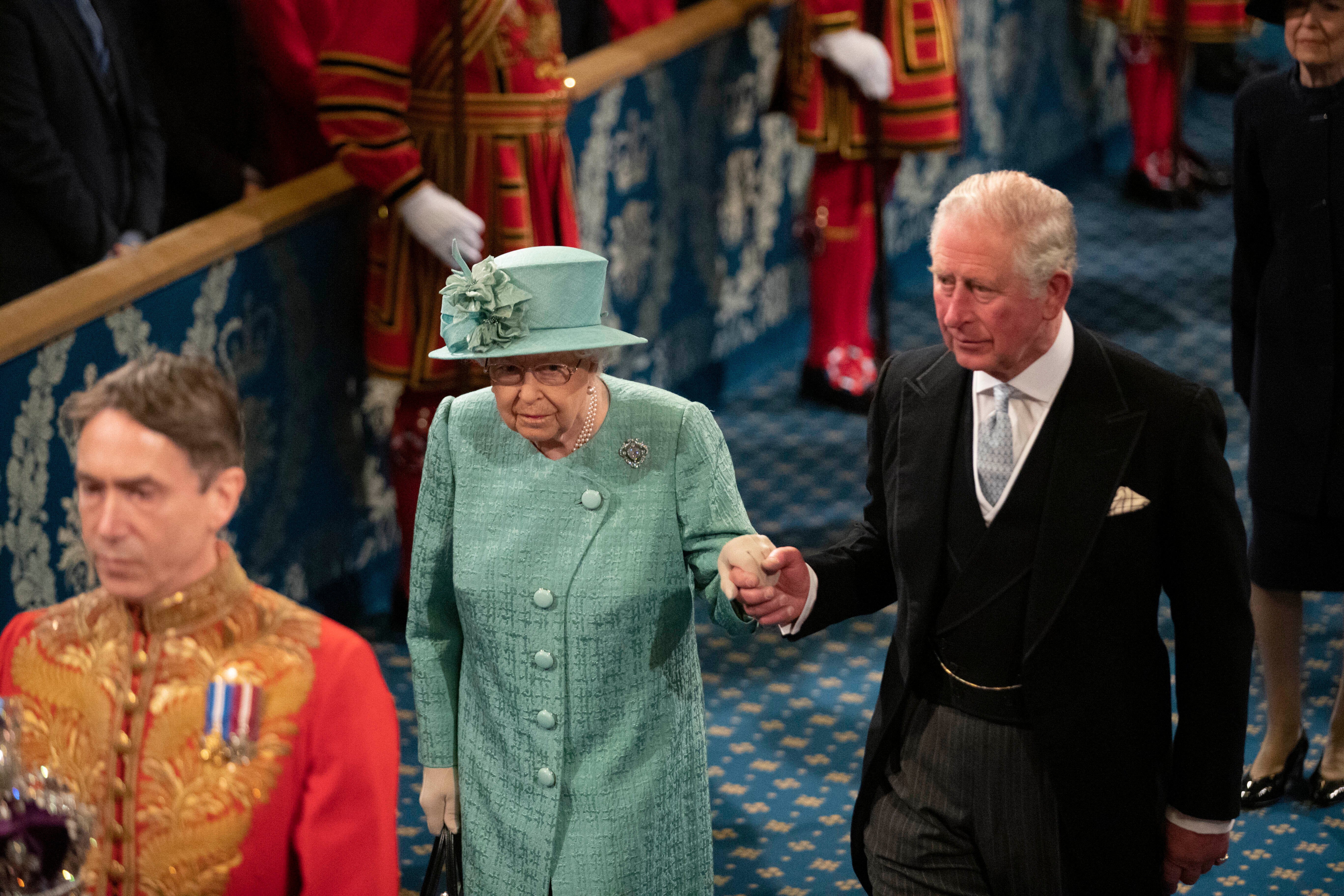Faith is an important part of the Queen’s Platinum Jubilee celebrations
Over the seven decades of the monarch’s reign, Britain has evolved from an overwhelmingly Christian society to a multi-faith one, while we have also seen a shift to a more complex tapestry of secularism and belief


Your support helps us to tell the story
From reproductive rights to climate change to Big Tech, The Independent is on the ground when the story is developing. Whether it's investigating the financials of Elon Musk's pro-Trump PAC or producing our latest documentary, 'The A Word', which shines a light on the American women fighting for reproductive rights, we know how important it is to parse out the facts from the messaging.
At such a critical moment in US history, we need reporters on the ground. Your donation allows us to keep sending journalists to speak to both sides of the story.
The Independent is trusted by Americans across the entire political spectrum. And unlike many other quality news outlets, we choose not to lock Americans out of our reporting and analysis with paywalls. We believe quality journalism should be available to everyone, paid for by those who can afford it.
Your support makes all the difference.There is a symbolism to Accession Day falling on a Sunday. Today’s 70th anniversary of the Queen becoming sovereign coincides with the Christian holy day of the week, which is entirely apt for someone who takes their faith seriously. As she has done for nearly all the previous Sundays of her reign, the Queen is likely to be at church.
Faith looks set to feature prominently in her Platinum Jubilee. There will be a service of thanksgiving at St Paul’s over the Jubilee weekend in early June. This weekend, the Archbishop of Canterbury joined the cardinal, the chief rabbi and leaders from nine faith groups to light beacons, another Palace-backed part of the celebrations. Clerics are also likely to encourage their communities to plant trees and hold street parties.
The enthusiasm of faith leaders to embrace this year’s landmark celebrations should not come as a surprise, considering the roots of the Jubilee are in the Bible. A Jubilee year is proclaimed after seven cycles of seven years, when slaves are set free and debts cancelled. The concept was first appropriated by the British monarchy for George III’s Golden Jubilee in 1809, and has evolved into landmarks at 25, 50, 60 and now 70 years. The Queen is the first British monarch to celebrate four Jubilees and reach the 70 years of a Platinum Jubilee.
Over the seven decades of the monarch’s reign, Britain has evolved from an overwhelmingly Christian society to a multifaith one, while we have also seen a shift to a more complex tapestry of secularism and belief.
When the Queen came to the throne in 1952, a third of the population thought the monarchy had been ordained by God. Nowadays, you would be hard-pressed to find more than a handful of people who thought that was still the case. She has seen a lot of change and met many religious leaders during her reign, including seven popes, six Archbishops of Canterbury and four chief rabbis.
The Queen is, of course, the head of the Church of England. This involves her addressing the Synod periodically, appointing bishops and holding audiences with the Archbishop of Canterbury. She has brilliantly reconciled this duty with her role as head of a multifaith nation. The acknowledgement of this latter role was there at the start of her reign when she became patron of the oldest national interfaith organisation, the Council of Christians and Jews, in 1952 but it has certainly grown over time.
To keep up to speed with all the latest opinions and comment, sign up to our free weekly Voices Dispatches newsletter by clicking here
During her Golden Jubilee in 2002, the Queen visited faith communities all over the country, including a Hindu temple in London, a mosque in Scunthorpe and a Sikh temple in Leicester, which constituted the first domestic visits to any of these places of worship. Ten years later, her Diamond Jubilee featured a multifaith reception at Lambeth Palace, where she extolled “the importance of faith in creating and sustaining communities all over the United Kingdom”.
The multifaith elements have become more pronounced over the course of her reign. Even her Christmas broadcasts, while traditionally drawing on her Christian faith and often quoting the Bible, increasingly acknowledge the diversity of faith communities.
The monarch’s broadcast in 2020, delivered in the first year of the Covid-19 pandemic, recognised that religious festivals for different communities had to be scaled down: “People of all faiths have been unable to gather as they would wish for their festivals, such as Passover, Easter, Eid and Vaisakhi.”
The Queen’s multifaith work has also found expression through her role as head of the Commonwealth, with its population of 2.4 billion across 54 nations. While her age will preclude her travelling around the Commonwealth, as she did during her Silver Jubilee in 1977, this Jubilee is likely to generate prayers and participation from Britain’s diverse faith communities.
Zaki Cooper is an interfaith commentator and co-founder of Integra Group. He worked at Buckingham Palace on the strategic communications of the Diamond Jubilee
Join our commenting forum
Join thought-provoking conversations, follow other Independent readers and see their replies
Comments